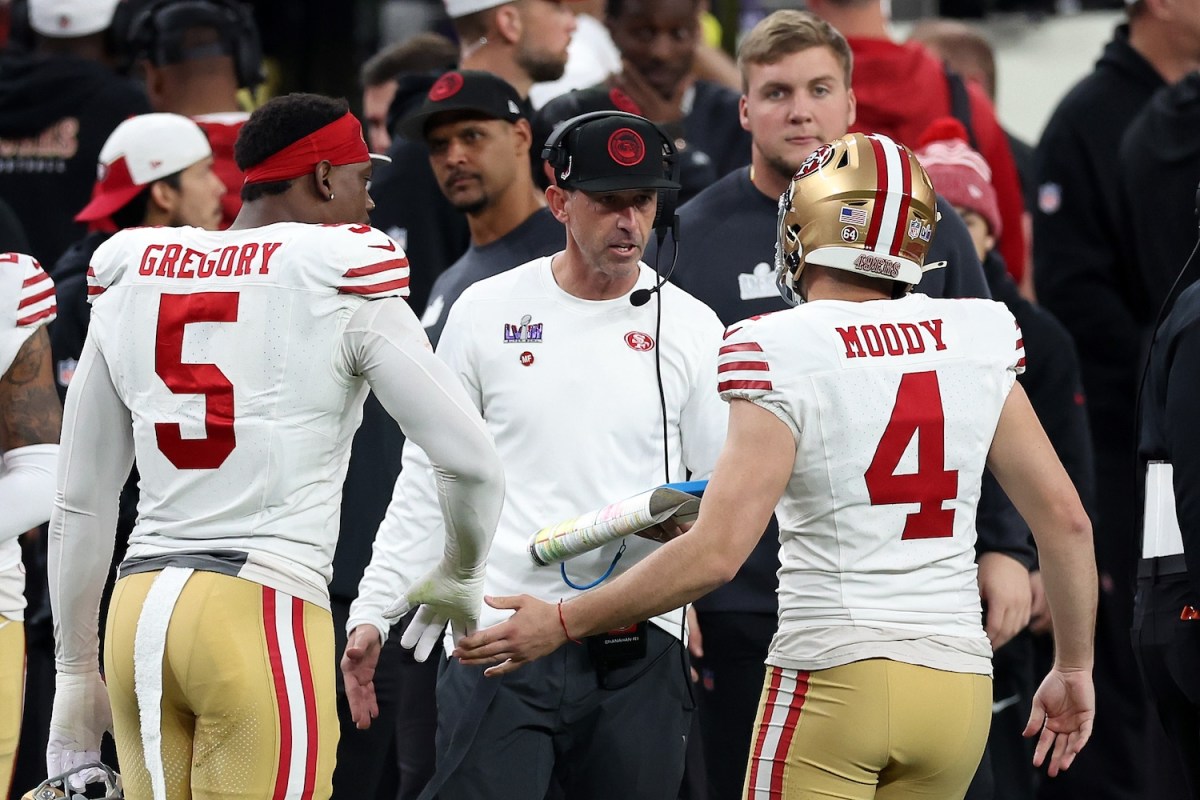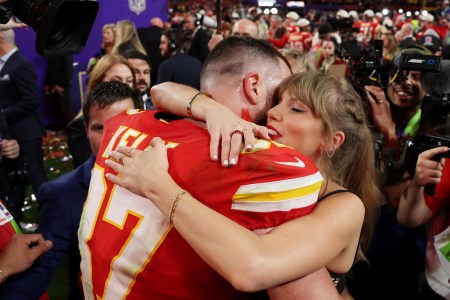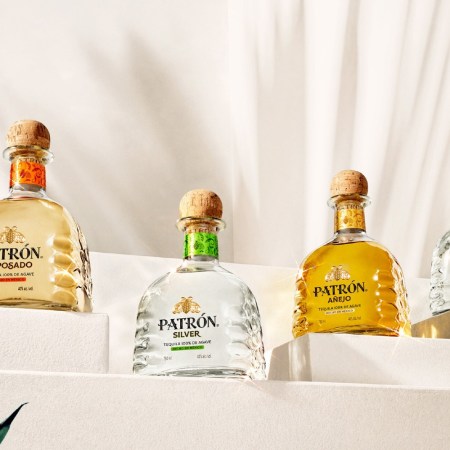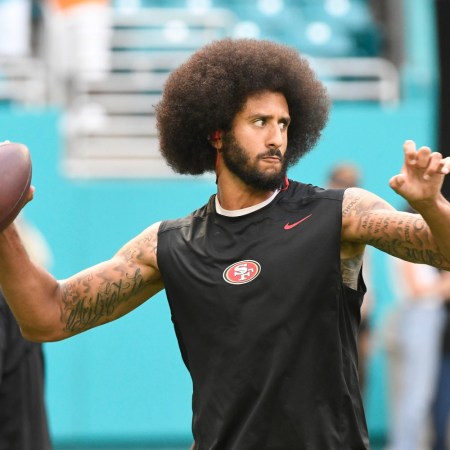When the NFL had dumb overtime rules — in which after 60 minutes of intense, bone-crushing action, two teams immediately entered a sudden-death, first-score-wins landscape — fates were all but sealed by a coin toss. Prior to 2010, both regular season and even postseason contests were often won by teams who luckily/correctly called either heads or tails. They’d smartly choose to receive the ball, usually drive it about 40 or 50 yards at the most, and then kick a field goal for the victory.
The NFL changed the overtime rules for postseason games in 2010, then for all contests two years later, so that their outcomes wouldn’t be quite as beholden to coin toss wins. No longer would a field goal during an overtime’s initial offensive possession be enough to secure a victory. A whole touchdown, however, would get this job done, but that still wasn’t enough to even things out for coin toss losers in postseason games. Ten out of the first 11 overtime playoff games between 2010 and 2021, the coin toss winners also won the game.
Despite the Off-Field Hype, the Real Star of Super Bowl LVIII Was the Game Itself
Long live the monocultureWhich brings us to this year’s Super Bowl — and poor Kyle Shanahan. Starting in the 2023 playoffs, the NFL’s postseason overtime rules allowed both team offenses at least one possession, no matter what. If after each team possessed the ball at least once and the score was still tied, then came sudden death. After decades of coaches telling their captains to receive the ball first if they win the overtime coin toss, that decision suddenly required greater deliberation.
“Kicking off to the opponent would allow the toss-winning team the opportunity to know exactly what it needs to win or extend the game,” wrote Jonathan Jones for CBS Sports. “It would also give the team the opportunity to end the game with a defensive score.” Jones added that should the coin toss-winning team kick the ball and then quickly force their opponent’s offense to punt, their offense would likely have strong field possession for the start of its first overtime drive, where even a field goal would win the game.
Last night, in Super Bowl 58, coach Shanahan kept it old-school. Despite his team, the San Francisco 49ers, winning the overtime coin toss, he decided they should receive the ball. Though that choice gave the perceived advantages outlined by Jones to the Kansas City Chiefs, Shanahan justified it this way during his postgame press conference: “We wanted the ball third. If both teams matched and scored, we wanted to be the ones who had the chance to go win.”
He pointed out that his offense scored a field goal on its first possession, which meant that if the Niners’ defense kept the Chiefs from scoring anything, the Niners would have won, and if they held the Chiefs to a field goal, the outcome of the game was then totally in the hands of his team’s offense.
Speaking on ESPN’s NFL Primetime last night, Chiefs quarterback Patrick Mahomes said that if his team had won the coin toss, they would have kicked it to the 49ers. The reason? His offense would have known what end goal to strive for on their first overtime possession.
“Kyle’s done a phenomenal job there; that’s a good football team, very, very talented and well-coached,” said Chiefs head coach Andy Reid on the same program. “He’s a pretty smart guy so there’s gotta be a reason why he [chose to receive the ball]. Everybody’s got their own philosophy on it. I don’t know if there’s a right or wrong; we felt that you [should] kickoff first, but that’s neither here nor there. That’s what we think, but, listen, the guy’s a great football coach.”
Shanahan’s approach makes a good deal of sense, and if Reid — who’s now won three Super Bowls with the Chiefs as head couch — is vouching for Shanahan’s thought processes, there aren’t many other people in this world who should question them. Though another, unnamed former head coach called it a “BIG mistake” in a text to a writer for The Athletic, receiving the ball at the start of overtime and putting points on the board puts more pressure on the opposing team’s offense. Just because it didn’t work out (again) for the 49ers against the Chiefs in the Super Bowl doesn’t mean Shanahan made a bad call. Not using all his timeouts before halftime to give the Niners offense a chance to add to its lead is perhaps a bit more debatable.
The Charge will help you move better, think clearer and stay in the game longer. Subscribe to our wellness newsletter today.



















